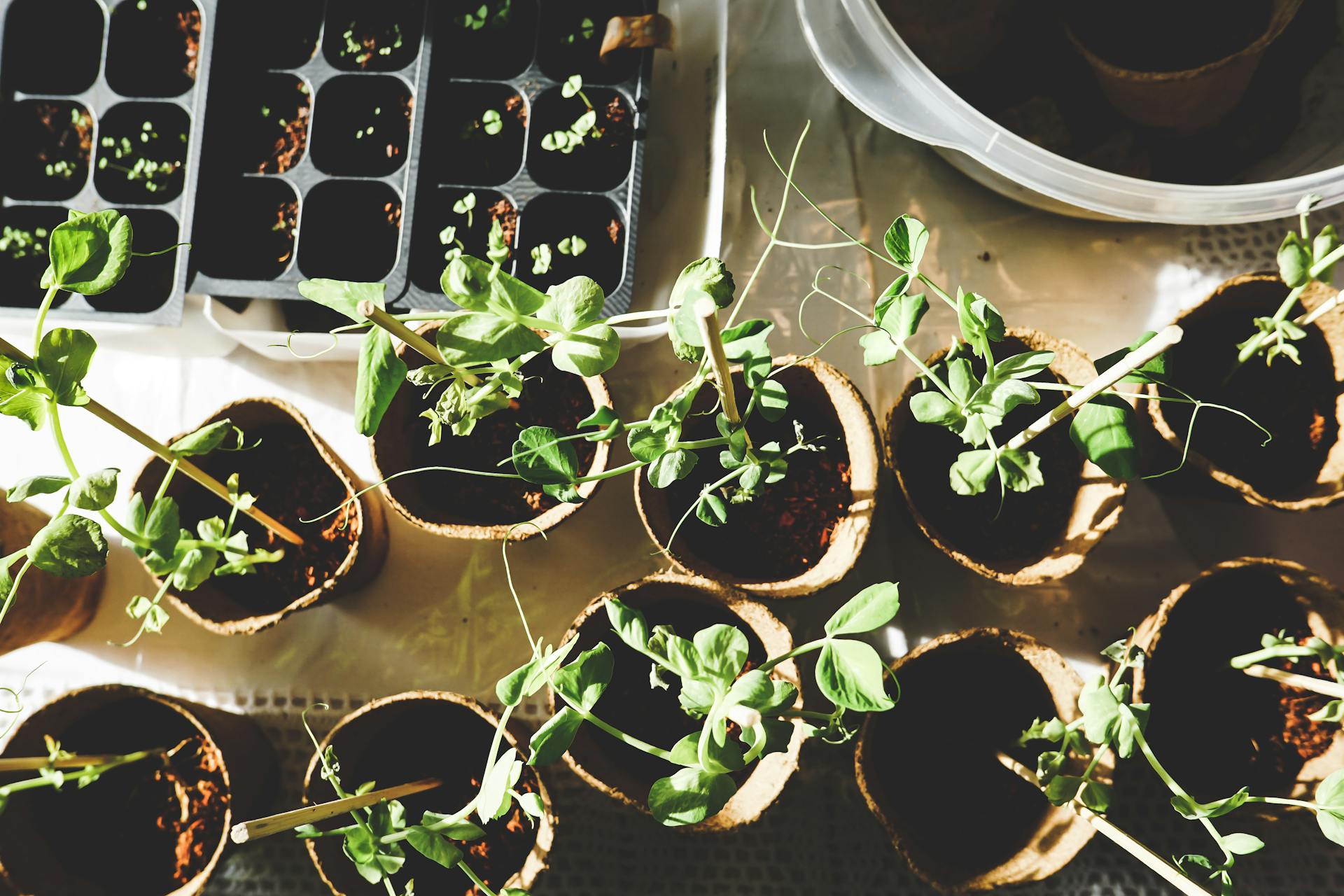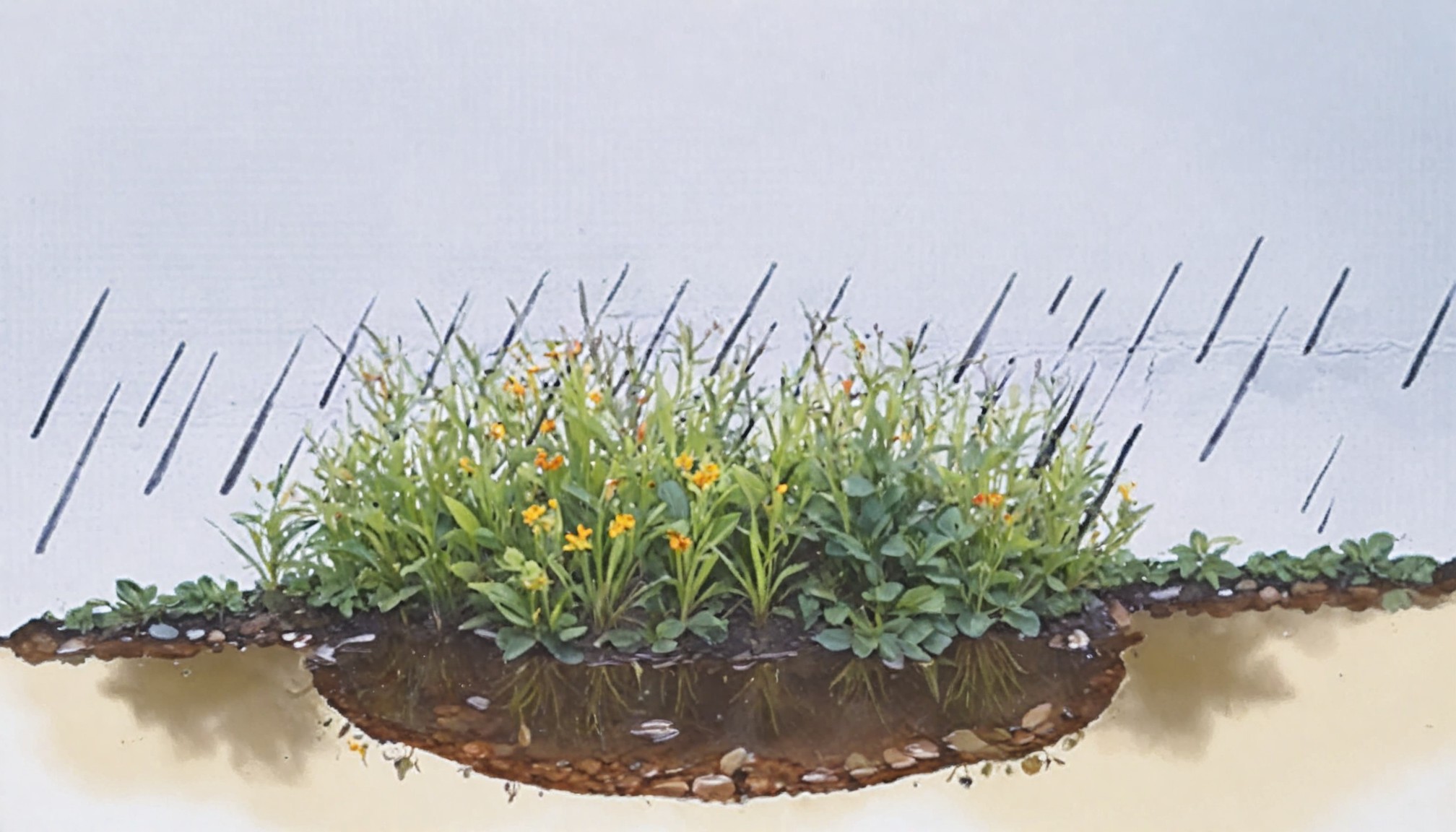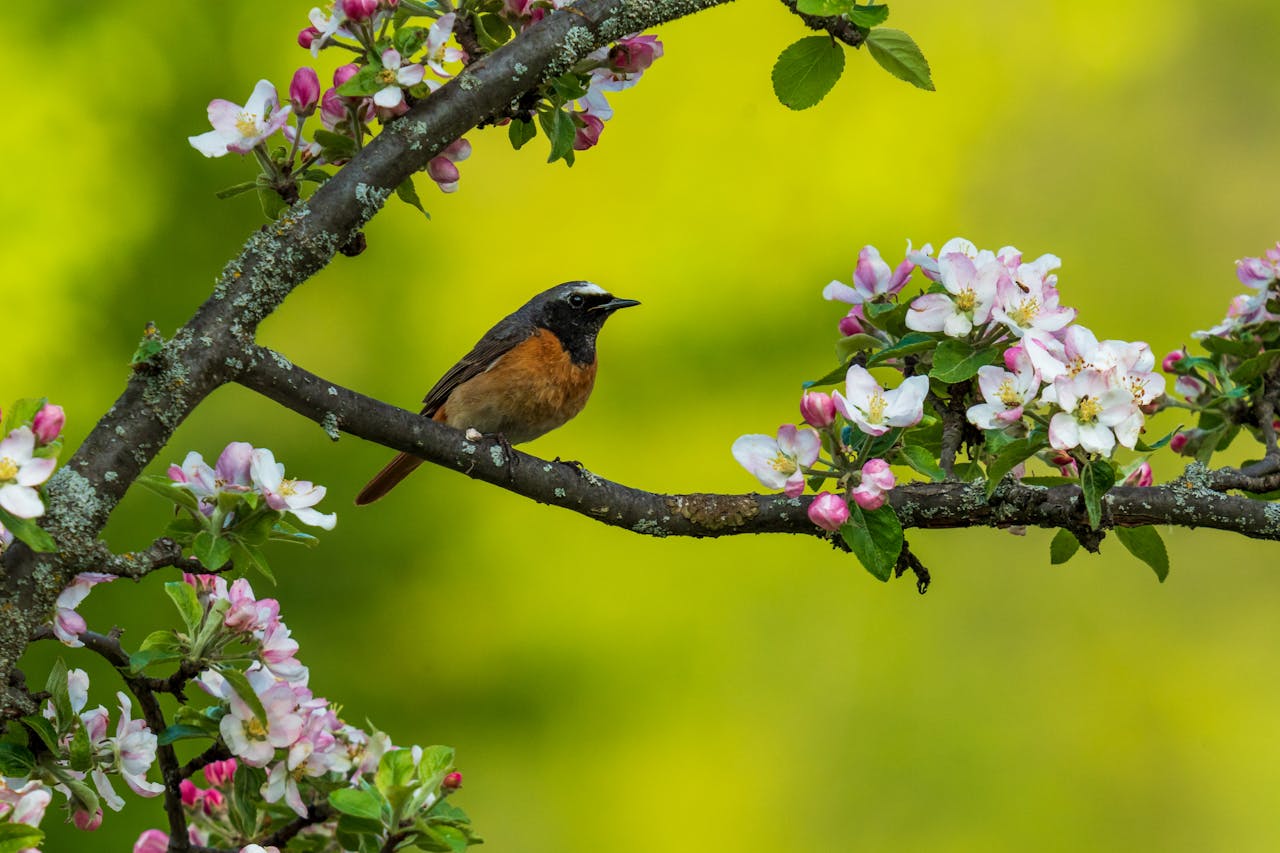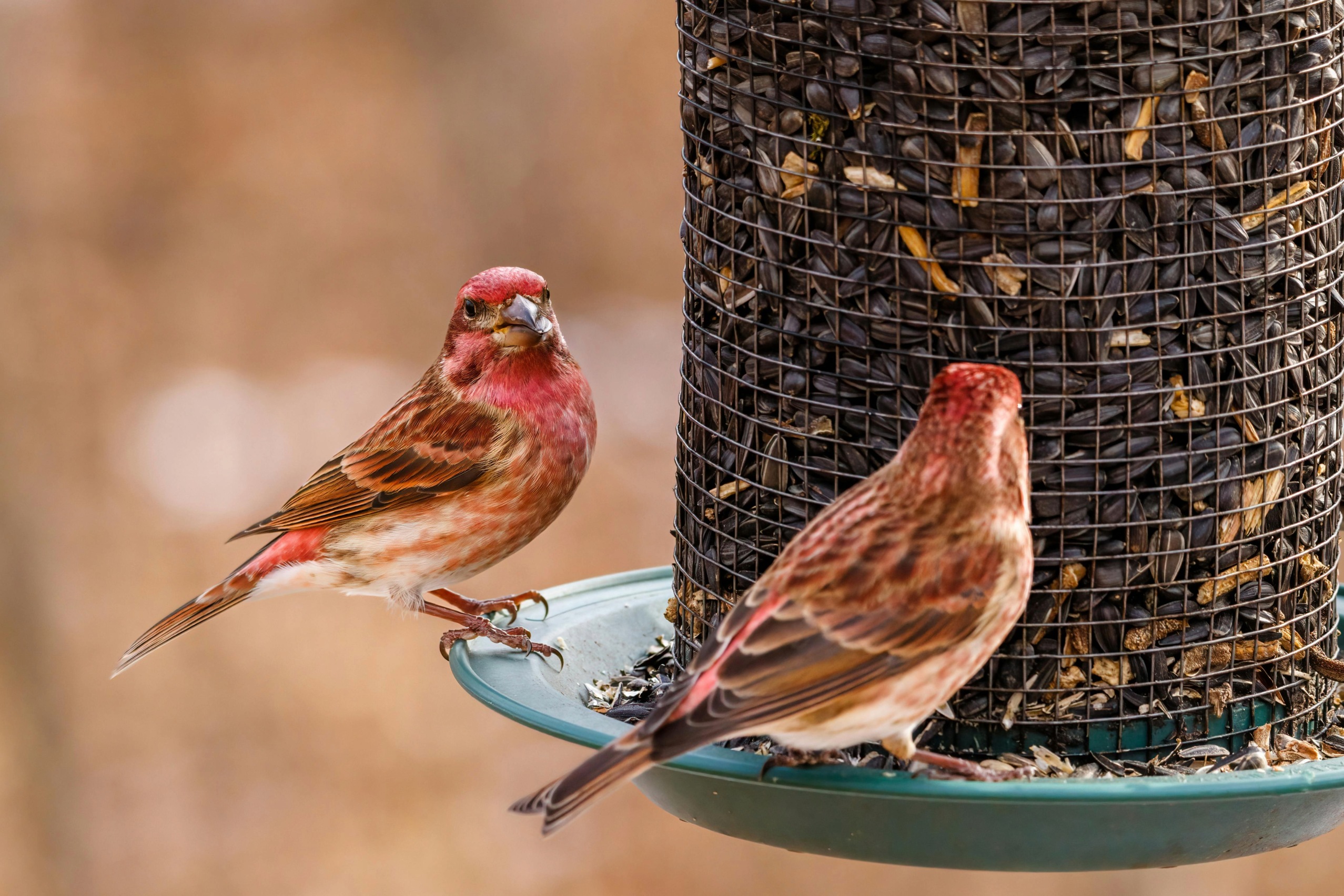
Eco-Friendly Gardening with Recycled Materials: Creative Uses for Old Tools and Containers
Introduction: Gardening sustainably involves more than just planting and watering; it also encompasses how we use and repurpose materials. By creatively reusing old tools and containers, you can reduce waste and enhance your garden's eco-friendliness. This guide explores specific ways to incorporate recycled materials into your gardening practices, offering practical tips for transforming what might otherwise be discarded into valuable garden assets.
1. Repurposing Old Garden Tools:
a. Turning Rakes into Plant Supports: Old metal rakes can be transformed into unique plant supports or trellises. Simply straighten the tines and attach them to a wooden or metal post. The rake head provides a sturdy framework for climbing plants such as peas, beans, or cucumbers. The vintage look adds character to your garden while providing functional support.
b. Using Shovels as Garden Art: Broken or rusty shovels can be repurposed into garden art or markers. Clean and paint the shovel handle with weather-resistant paint, then use it to create decorative plant markers or garden sculptures. This not only adds visual interest to your garden but also prevents tools from ending up in the landfill.
c. Converting Wheelbarrows into Planters: An old wheelbarrow that’s seen better days can be turned into a charming planter. Fill the wheelbarrow with soil and plant a mix of flowers, herbs, or vegetables. Position it in a prominent spot to create a focal point in your garden. The wheelbarrow’s rustic appearance enhances the garden’s aesthetic while providing ample planting space.
2. Reusing Containers and Pots:
a. DIY Planters from Recycled Plastic Bottles: Plastic bottles can be repurposed into self-watering planters. Cut the bottle in half and use the bottom portion as a reservoir. Insert a wick made from cotton or other absorbent material through the bottle cap to draw water from the reservoir into the soil. This system reduces water waste and is ideal for small herbs or seedlings.
b. Upcycling Wooden Pallets: Wooden pallets can be used to create vertical garden beds or planters. Sand and seal the pallet to prevent splinters, then mount it on a wall or fence. Fill the pallet with soil and plant a variety of herbs, flowers, or vegetables in the gaps between the slats. This vertical garden maximizes space and utilizes materials that might otherwise be discarded.
c. Repurposing Old Tins and Cans: Old tin cans or metal containers can serve as quirky, eco-friendly planters. Clean and remove any labels from the cans, then punch drainage holes in the bottom. Paint or decorate the cans to match your garden style, and use them to grow small plants, succulents, or herbs. This approach reduces waste and adds a personal touch to your garden.
3. Eco-Friendly Garden Watering Solutions:
a. Creating a Rain Barrel from a Barrel or Container: Repurpose large barrels or containers into rain barrels for harvesting rainwater. Install a spigot near the bottom of the barrel and place a screen or mesh over the top to prevent debris from entering. Connect the barrel to a downspout to collect rainwater from your roof. This stored water can be used for irrigation, reducing your reliance on municipal water sources.
b. Reusing Old Towel Bars for Drip Irrigation: Old towel bars or metal rods can be repurposed into a simple drip irrigation system. Attach the bars to a wooden frame or garden stakes, and use plastic tubing to create drip lines. Position the tubing near your plants to provide slow, consistent watering. This DIY irrigation system helps conserve water and reduces the need for frequent hand watering.
4. Sustainable Garden Furniture:
a. Converting Old Doors into Garden Tables: Old wooden doors can be transformed into unique garden tables or potting benches. Sand and paint the door, then attach legs or repurpose old furniture legs to create a functional surface. The door’s robust construction makes it ideal for outdoor use, providing a practical workspace for gardening tasks.
b. Using Wooden Crates as Garden Storage: Wooden crates or boxes can be used to create garden storage solutions. Stack and secure crates to form shelves or use them individually to store gardening tools, seeds, and other supplies. The rustic charm of repurposed crates adds character to your garden while keeping your tools organized.
5. Composting with Recycled Materials:
a. Building a Compost Bin from Pallets: Old wooden pallets can be assembled into a compost bin. Arrange the pallets in a square or rectangular configuration and secure them together with wire or nails. The open design allows for proper aeration, and the bin can be used to compost kitchen scraps and garden waste, reducing landfill contributions.
b. Using an Old Trash Can for Composting: Convert an old trash can into a compost tumbler by drilling holes in the sides and bottom for aeration. Fill the can with compostable materials and rotate it regularly to mix and aerate the compost. This method provides a simple, space-efficient way to manage composting.
Conclusion: Incorporating recycled materials into your gardening practices is a creative and eco-friendly way to enhance your garden while reducing waste. By repurposing old tools and containers, you can create functional, aesthetically pleasing garden features that support sustainability. Embrace these ideas to transform your garden into a green haven that reflects your commitment to environmental stewardship.
Recent articles from Gardening

How to Build a Sustainable Rain Garden: A Step-by-Step Guide for Eco-Friendly Landscaping
Introduction: A rain garden is a sustainable landscaping solution designed to manage stormwater runoff, improve water quality, and create a habitat for local wildlife. By captur...

How to Create a Pollinator-Friendly Garden: Attracting Bees, Butterflies, and Birds
Introduction: A pollinator-friendly garden is essential for supporting the health and diversity of local ecosystems. Pollinators such as bees, butterflies, and birds play a cruc...

How to Choose a Bird Feeder / Where to Install It and What to Fill It With
To watch birds and help them survive the hungry times, you don't necessarily have to go outside: simply hang a bird feeder on your balcony or window. We explain the advantages and disadvantages ...